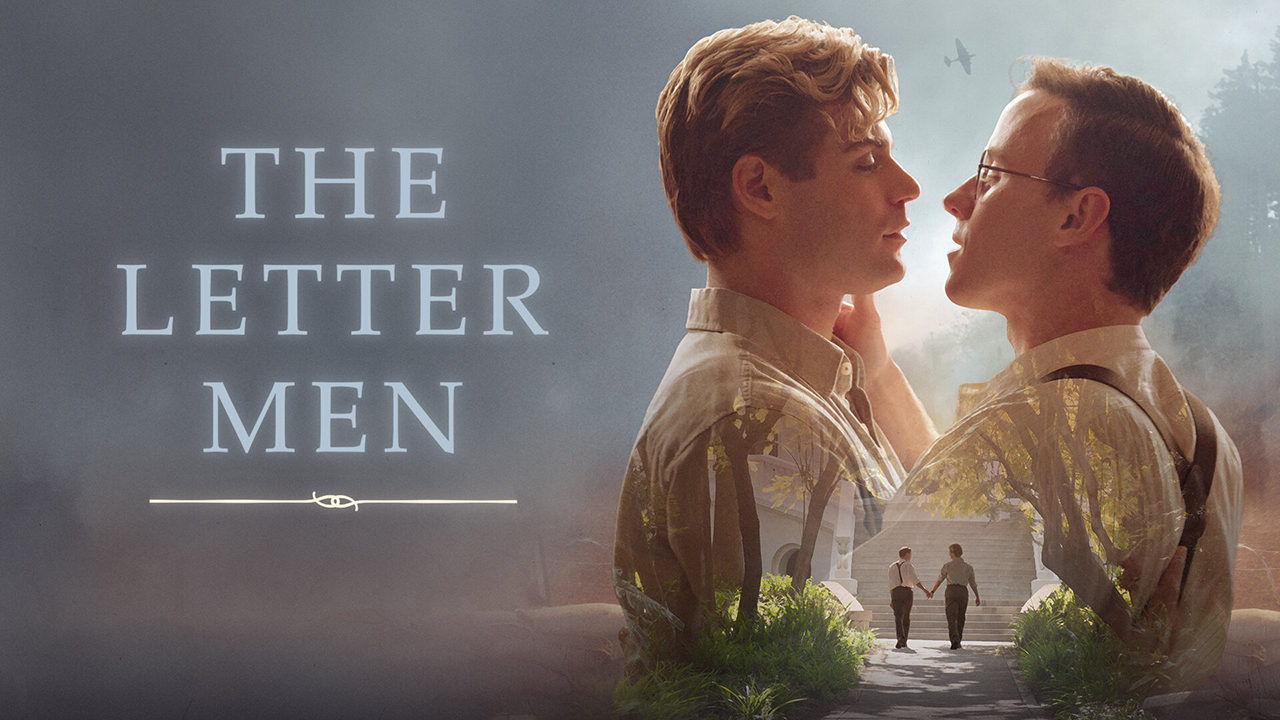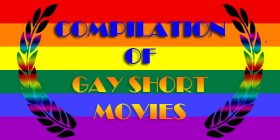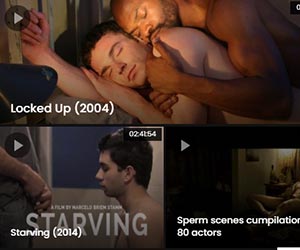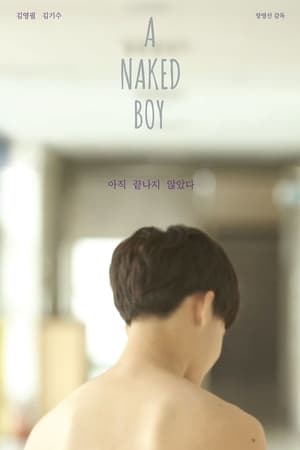From films like “The Imitation Game” and “Benediction,” we’ve learned that being gay in England during World War II was a punishable crime, forcing members of the LGBTQIA+ community underground to search for and find love. Director/writer Andy Vallentine and co-writer Danny Kish’s short film, “The Letter Men,” takes a rare glimpse of one such love affair that was thought to be lost for all time.
After meeting on a weekend cruise, Gordon Bowsher (Matthew Postlethwaite) and Gilbert Bradley (Garrett Clayton) become a couple, leading to a whirlwind romance. However, their love is tested when Gilbert enlists in World War II, and the two are torn apart. Stuck in underground shelters, Gordon writes over 200 love letters to Gilbert, defying the norm of burning such letters to avoid being caught or outed. These letters, discovered not long ago, represent one of the largest collections of LGBTQIA+ love letters from that era.
“The Letter Men” not only brings awareness to a very dark time for the LGBTQIA+ community but also, through Gordon and Gilbert’s story, shows that love is love, and it conquers all. The film’s structure is simple, focusing on the lovers’ meeting and subsequent separation. During quiet moments on the battlefield or in bomb shelters, Gordon’s letters are read in voice-over, breathing hope into a frightened Gilbert.
Finding mere fragments of LGBT history is rare, and “The Letter Men” puts a much-needed spotlight on a moment of history that could have been lost if not for love. The film captures a tender relationship during a challenging period, showcasing the universal message that love transcends adversity. However, it leans heavily into its romantic air, sometimes becoming distracted and struggling to reconcile the severe themes of war with its sentimental style. Despite this, it is a lovely change of pace to see a queer story set in the 1940s, especially when it’s true.
The chemistry between Garrett Clayton and Matthew Postlethwaite is sweet and touching, contributing to the film’s emotional impact. However, Postlethwaite’s delivery of the letters is criticized for lacking the crisp, clear pronunciation expected in a 1940s setting.
“The Letter Men” is commended for its role in preserving a rare moment of LGBT history, particularly during a time when such fragments are not commonly found. It successfully brings awareness to a dark chapter in LGBTQIA+ history and emphasizes the universal truth that love knows no boundaries. While the film’s theatrical style and occasional distraction from the core story are noted, it remains an important and poignant portrayal of a love that endured against all odds.
























